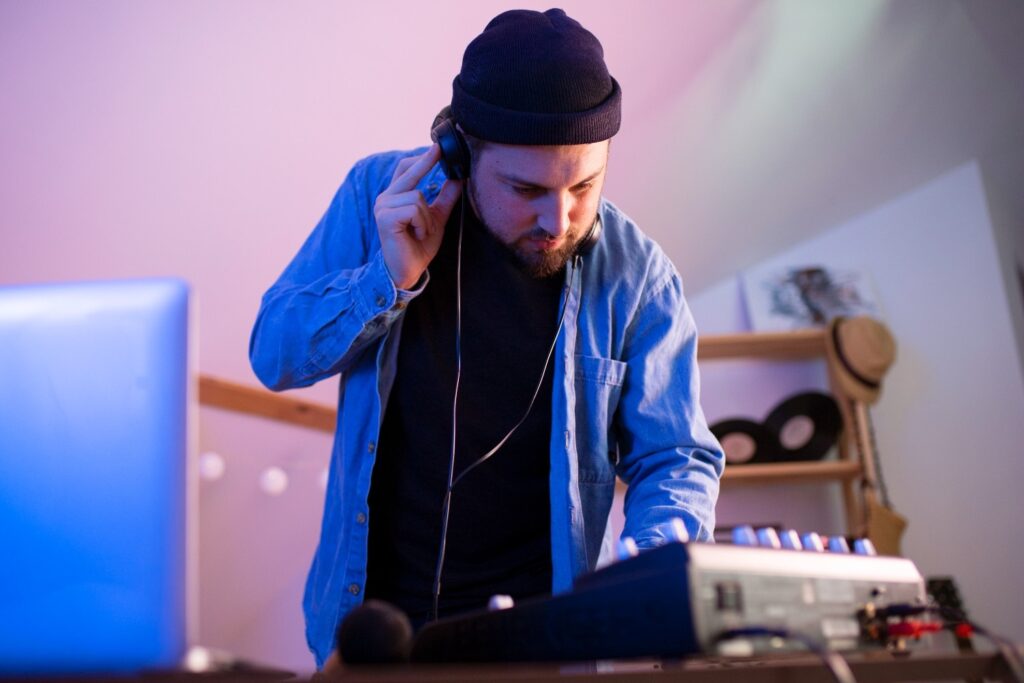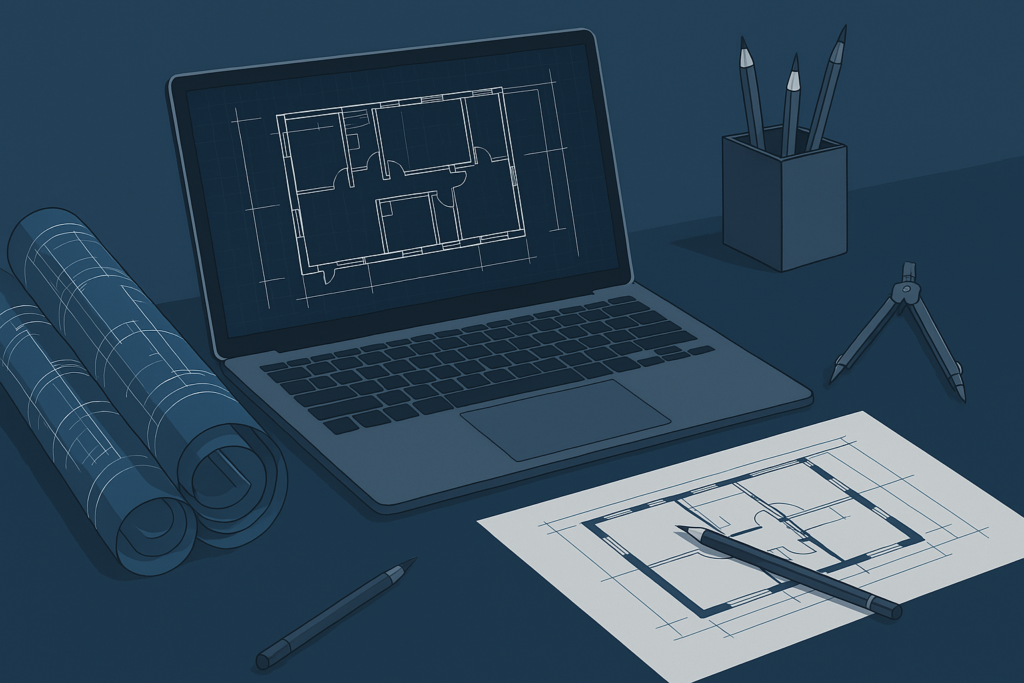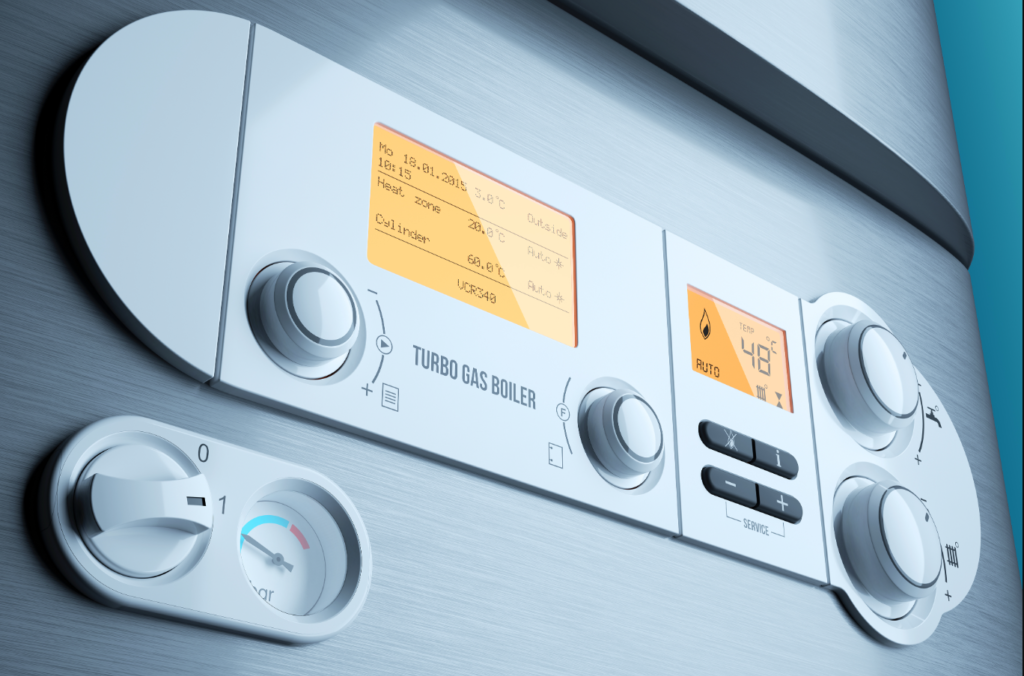You’ve been buying lease beats for months, recording track after track, but something feels off. Your music sounds professional enough, but it doesn’t sound uniquely yours. You’re using the same instrumentals as dozens of other artists, diluting your identity with every upload. This is the lease beat trap, and custom-made instrumentals are the escape route.
Custom beats aren’t just for major label artists with big budgets anymore. In 2025, independent rappers are realizing that exclusive, tailored instrumentals are investments, not expenses. When you commission a producer to create something specifically for your voice, style, and vision, you’re building a sonic brand that can’t be replicated.
This article breaks down why custom instrumentals matter more than ever, how they transform your artistic identity, and why they’re worth every dollar for rappers serious about longevity.
The Originality Problem with Lease Beats
Lease agreements let multiple artists use the same instrumental. A basic lease might allow 2,000-5,000 streams per artist, meaning that one beat could appear on dozens of different songs across streaming platforms. Your carefully crafted single shares DNA with tracks from artists you’ve never heard of, in styles you might not even like.
This isn’t hypothetical. Search any popular producer’s name on Spotify and you’ll find the same beat under different song titles by different artists. Some instrumentals get leased 50+ times before being sold exclusively. Your “unique” track is one of many, and that fundamental problem undermines everything you’re trying to build as an artist.
Listeners might not consciously notice the same beat on multiple tracks, but the subconscious recognition diminishes memorability. Your song becomes “that track with that beat I’ve heard somewhere before” rather than a distinctive artistic statement. In an attention economy where standing out means everything, shared instrumentals are a handicap.
How Leased Beats Limit Your Artistic Growth
Lease beats force you to adapt to existing production rather than having production adapt to you. You’re choosing from what’s available, not what’s ideal. Maybe the tempo is slightly too fast for your natural flow, or the mood doesn’t quite match your lyrics, but you make it work because the beat is affordable and sounds decent.
This backwards approach to music creation keeps you reactive rather than proactive. You’re following trends instead of setting them, fitting into existing sounds rather than defining your own. Over time, this creates a catalog that sounds like “influenced by” rather than “innovated by.”
Custom instrumentals flip this dynamic entirely. When you buy hip hop beats in Traverse City or anywhere with customization in mind, you become the creative director. The producer serves your vision, creating around your vocal tone, your preferred BPM range, your thematic concepts, and your specific artistic goals.
Building a Recognizable Sonic Brand
Think about artists with instantly identifiable sounds. Drake, Travis Scott, J. Cole, and Kendrick Lamar don’t sound like anyone else because their production teams create custom instrumentals tailored specifically to their strengths. You hear those first few seconds and know exactly who’s about to rap. That’s brand power.
Custom beats let you develop this kind of sonic consistency. Instead of jumping between different producers’ styles based on what’s available for lease, you work with producers who understand your aesthetic and build cohesive bodies of work. Your album or EP sounds like a unified artistic statement rather than a compilation of loosely related tracks.
This consistency compounds over time. Fans begin associating specific production elements with your name. Maybe it’s how your producer uses sub-bass, their approach to melody, or their drum programming style. These become your signature, making every new release feel like an event for your existing audience.
The Psychology of Exclusive Ownership
There’s a psychological advantage to owning something exclusively. When you invest $500-2,000 in a custom beat, you’re psychologically committed to making that track succeed. You’ll invest more in mixing, mastering, artwork, and promotion because you’ve got skin in the game. Lease beats don’t create the same pressure or motivation.
Benefits of exclusive instrumental ownership:
- Complete creative control over how the beat is used and modified
- No competing versions diluting your song’s impact or searchability
- Full ownership stake increases investment in quality and promotion
- Better positioning for sync licensing and commercial opportunities
Exclusive ownership also matters for business opportunities. Music supervisors for TV and film want exclusive rights to avoid conflicts. Labels prefer signing artists with owned masters and clear rights. When you buy rap beats online in Traverse City with exclusivity, you’re preparing for these opportunities rather than scrambling to clear rights later.
The confidence that comes from knowing your track is truly one-of-a-kind affects your performance too. You rap with more authority when you’re not subconsciously aware that someone else might have a better version on the same beat.
Custom Beats Match Your Unique Voice and Style
Every rapper has a vocal signature—the frequency range where their voice sounds best, the cadence they naturally fall into, the energy level they excel at maintaining. Professional producers understand how to design instrumentals that complement these characteristics rather than fighting against them.
A custom beat starts with understanding your voice. A good producer will analyze your previous tracks, identify your strengths, and create frequency space where your vocals can sit perfectly in the mix. They’ll choose tempos that match your comfortable flow speed and create melodic elements that enhance rather than distract from your delivery.
This isn’t possible with lease beats where the producer created the instrumental before knowing who might use it. They’re making educated guesses about what might work for a general audience. Custom production eliminates guesswork and replaces it with intentional design around your specific needs.
Storytelling Through Tailored Production
Concept albums and thematic projects require production that supports narrative arcs. If you’re telling a story across 10 tracks, you need instrumentals that transition smoothly, call back to earlier themes, and build toward a conclusion. Lease beats make this nearly impossible because they weren’t designed to work together.
Custom production lets you plan cohesive projects from the start. You can request recurring melodic motifs, evolving drum patterns, or intentional progression from aggressive to introspective sounds. The producer becomes a storytelling partner rather than just a beat vendor.
This level of artistic sophistication separates amateur projects from professional releases. When you explore rap instrumentals for sale in Traverse City with customization options, you’re positioning yourself as an artist who thinks in albums, not just singles. That mindset shift changes how industry professionals perceive your work.
The Investment That Pays Long-Term Dividends
Custom beats cost more upfront—typically $300-3,000 depending on producer credentials and complexity. But this investment pays returns through increased streaming performance, better playlist placement, and enhanced sync licensing potential. A unique beat helps your track stand out in algorithmic recommendations and editorial considerations.
Exclusive ownership means you keep 100% of master recording revenue. With leased beats, producers often retain points on the master or can reclaim rights if you exceed distribution limits. Over a track’s lifetime, these points can add up to thousands of dollars, especially if the song gains traction years after release.
Custom instrumentals also appreciate as your career grows. That $1,000 beat you commissioned as an independent artist becomes more valuable if you sign a label deal or gain significant popularity. You own an asset that can be relicensed, sampled, or reused across projects without negotiating with multiple parties.
How Custom Beats Future-Proof Your Career
The music industry increasingly values ownership and control. Artists who own their masters and exclusive rights to their instrumentals have negotiating power. They can move between labels, secure better streaming deals, and retain creative control that artists with tangled rights situations cannot.
Long-term strategic advantages:
- Full control over remix permissions and collaborations
- Ability to sell beats or license instrumentals you commission
- Clean rights chain simplifies label negotiations and partnerships
- Higher valuation if you ever sell a catalog or rights portfolio
When you establish relationships with producers who create custom work, you build a production team that grows with you. These producers understand your evolution and can adapt their style as you develop. This continuity is impossible when you’re shopping on BeatStars every week for the cheapest lease.
Starting with custom instrumentals, even if you can only afford one or two per project initially, signals professional intent. It shows you’re thinking like an artist building a sustainable career rather than a hobbyist experimenting with whatever’s available. That distinction matters when opportunities arise.
Conclusion
Custom-made instrumentals aren’t luxury items for rappers with unlimited budgets—they’re strategic investments for artists serious about building lasting careers. The originality, brand consistency, and exclusive ownership they provide compound over time, separating you from competition trapped in the lease beat cycle. While lease beats serve a purpose for practice and experimentation, your flagship releases deserve production designed specifically for you.
The gap between artists who invest in custom production and those who don’t widens with every release. One group builds recognizable sonic identities that attract loyal fans and industry attention. The other remains interchangeable, struggling to stand out in an oversaturated market. The choice isn’t about budget—it’s about priorities and vision.
For Traverse City artists seeking to elevate their sound, JBZ Beats specializes in custom instrumental production that transforms artistic visions into exclusive sonic identities you’ll own completely.
Whether you start with one custom beat for your next single or commission an entire album, that decision marks the moment you stop compromising and start controlling your artistic destiny. The question isn’t if you can afford custom production, but whether you can afford to keep sounding like everyone else. What will your signature sound be?
FAQs
Q: How much should I expect to pay for a custom beat?
A: Custom beats typically range from $300-3,000 depending on producer experience, complexity, and turnaround time. Established producers with credits charge more, but emerging producers offer quality custom work for $500-1,000. Budget increases if you want trackout stems, unlimited revisions, or rush delivery.
Q: How long does custom beat production take?
A: Most producers deliver custom beats within 1-3 weeks, though rush orders (extra cost) can be ready in 3-7 days. Complex requests with multiple revisions might take a month. Discuss timelines upfront and get agreements in writing to avoid delays during your project rollout.
Q: Can I request changes to a custom beat after it’s delivered?
A: Most custom agreements include 1-3 rounds of revisions. Be specific about what you want changed—tempo adjustments, melody changes, drum pattern modifications, etc. Additional major revisions beyond the agreed amount typically cost extra, so communicate clearly during the production process.
Q: Do I need to provide references or examples when ordering custom beats?
A: Yes, always provide 3-5 reference tracks that capture the vibe, energy, or elements you want. Also share your previous work so the producer understands your style. The more specific your vision, the closer the final product will match your expectations.
Q: Is it better to work with one producer for an entire project or multiple producers?
A: One producer creates more sonic consistency, which strengthens album cohesion. However, multiple producers can add variety and prevent monotony on longer projects. Consider one primary producer for 60-70% of the album with 1-2 collaborators for specific tracks needing different energy.



